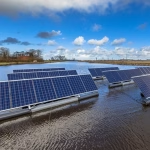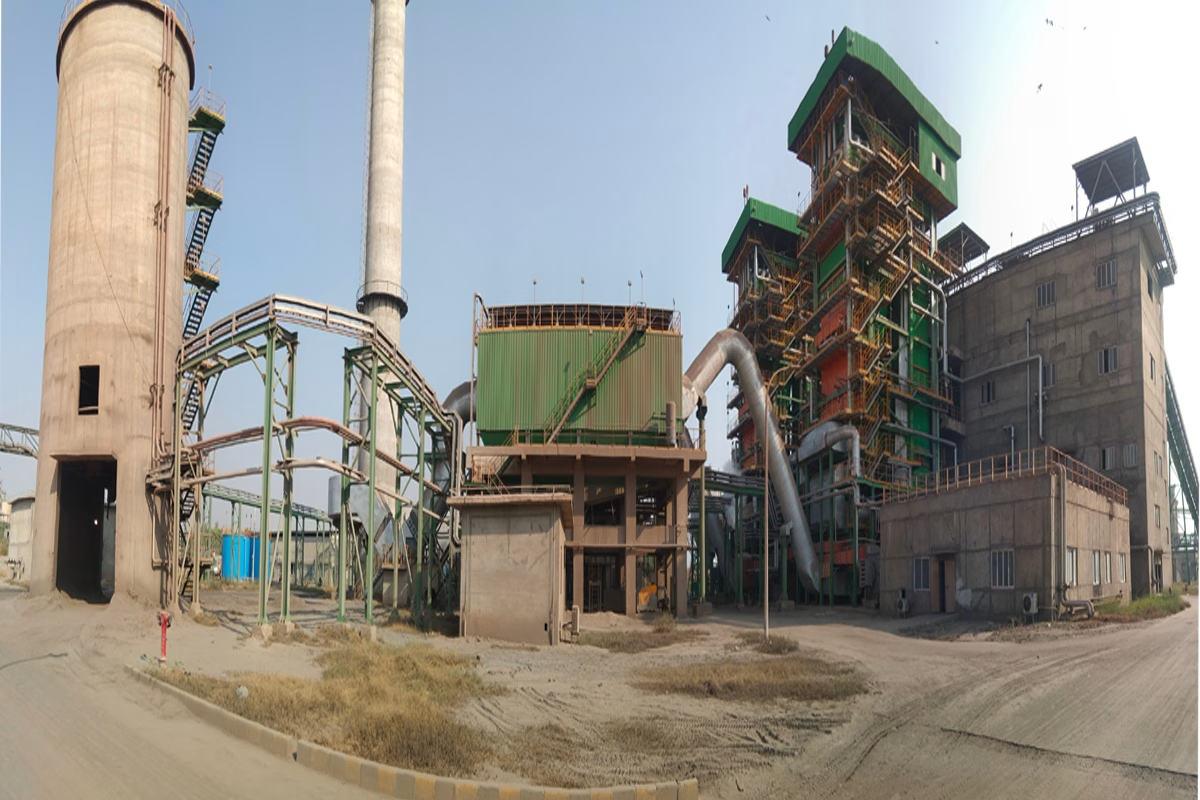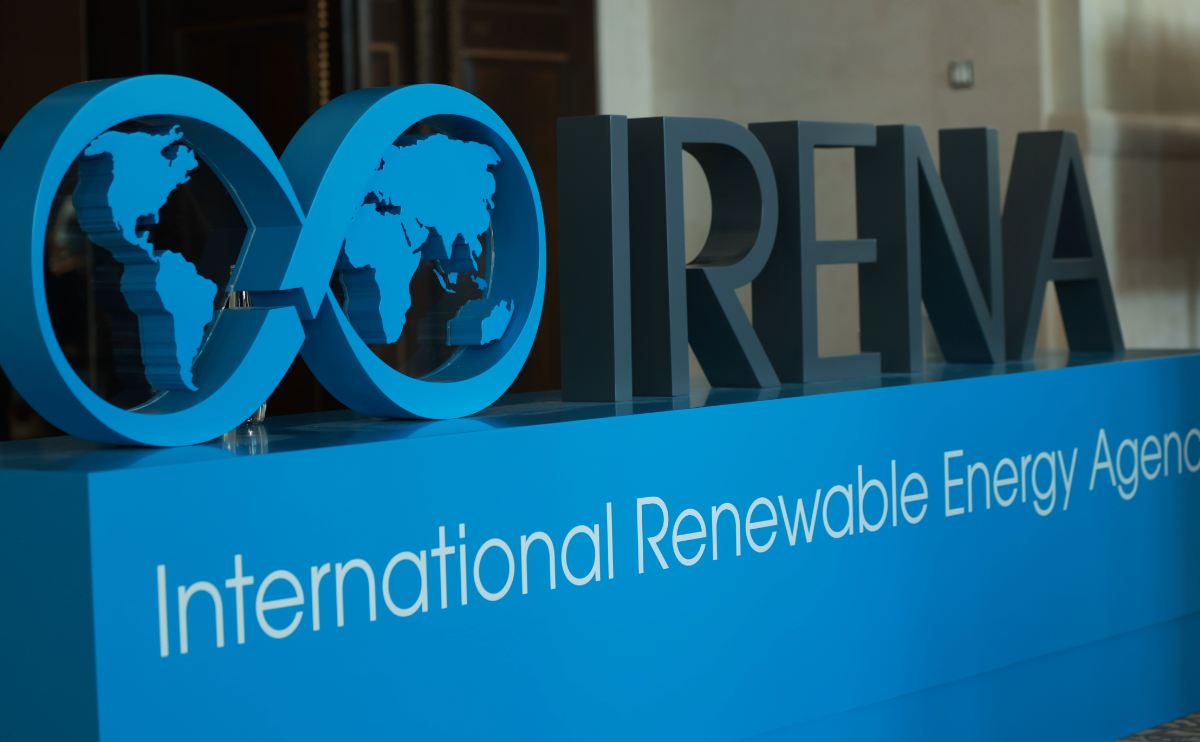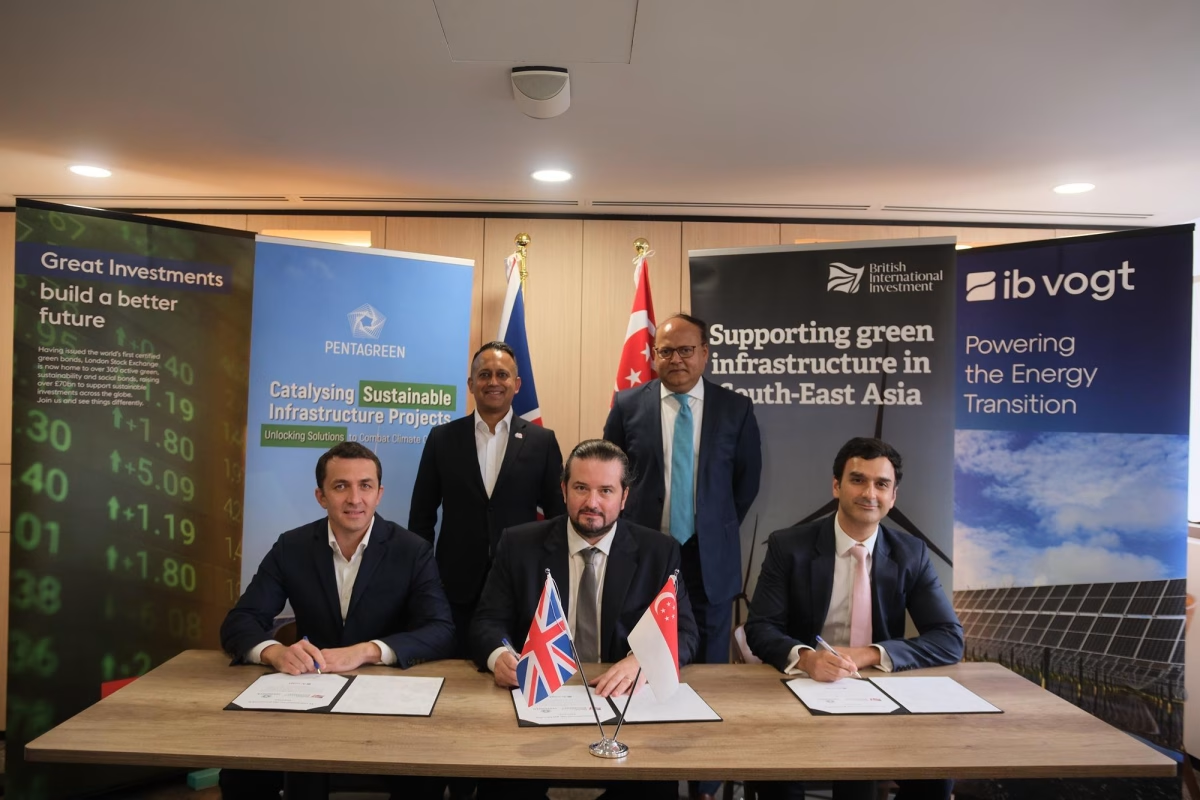
Public schools in Sindh set to be solarize, says energy minister
December 23, 2024
Pakistan shelves floating solar project costing $300 million in loan from WB
December 23, 2024Experts Call for Energy Transition Framework in Pakistan to Support Phased Retirement of Coal Plants
Leading energy experts and economists stressed the urgent need for Pakistan to scale up its renewable energy efforts and accelerate the transition from fossil fuels through a dedicated clean energy framework.
The Sustainable Development Policy Institute (SDPI) hosted a virtual high-level policy roundtable on “The Fossil Fuel Blind Spot at COP29,” where experts discussed the country’s energy challenges and solutions.
Dr. Khalid Waleed, an energy expert at SDPI, opened the session by highlighting the importance of localizing renewable energy technologies for developing nations like Pakistan to ensure energy security. He emphasized the need for technology transfer and information sharing from the Global North.
“Pakistan has overinvested in coal plants to solve the energy accessibility crisis, resulting in underutilized projects that burden national finances,” said Dr. Waleed. He also warned that incorporating local coal into the energy mix could present future challenges under international mechanisms like the Carbon Border Adjustment Mechanism (CBAM). He advocated for strategic partnerships, such as Just Energy Transition Partnerships (JETPs), and market-based solutions like the Coal to Clean Credit Initiative to ensure a smooth energy transition.
Zainab Babar, a researcher at SDPI, presented her report on “Transitioning away from Coal: An orderly retirement of coal power plants in Pakistan.” She discussed Pakistan’s reliance on RLNG and coal, while examining global trends in transitioning from coal to clean energy. She argued that retiring inefficient coal plants would improve Pakistan’s global positioning, make industries more globally competitive, and create financial returns by earning carbon credits from avoided emissions.
Dr. Majid Bilal from the Indus Consortium emphasized five key principles for a clean energy transition: local stakeholder engagement in planning, social protection for affected communities, workforce training, diversification of communities, and the promotion of SMEs to create localized jobs. He also stressed the importance of incorporating gender in the transition, advocating for increased participation of women in the energy sector.
Julia Skorupska, Head of Secretariat at Powering Past Coal Alliance, proposed blended finance as a means to accelerate coal plant retirements. “Public finance is limited, but available funding remains underutilized. Governments must align tariffs and halt further coal plant construction,” she remarked, referencing successful public and private finance models to support energy transitions.
Afia Malik, Senior Economist at PIDE, shared data on the long-term benefits of renewable energy. She noted that adopting renewable energy could generate a net global gain of $78 trillion by the end of the century and create three times more jobs than coal power plants. “The initial costs are high, but the economic growth and innovation they drive will far outweigh these challenges,” she stated.
Dr. Majid Ali, Associate Professor at USPCASE, NUST, discussed Pakistan’s growing adoption of solar energy, driven by rising energy costs. Despite importing $2.5 billion in solar panels in 2023, solar accounts for only 1.5% of Pakistan’s energy mix, compared to 16% from coal. He urged the government to renegotiate terms with China, the main investor in coal plants, and explore climate swaps to reduce retirement costs.
Selina Irfan, SDPI Advisor, stressed the need for immediate action by optimizing available technologies such as clean coal washing, electrostatic precipitators, and low-NOx burners while phasing out coal plants. She called for a revision of the Integrated Generation Capacity Expansion Plan (IGCEP) to align with these goals. However, she cautioned that the high upfront costs must be considered in both short-term and long-term scenarios.
Irfan Pervaiz, Deputy Director (Environment/New Technology) at PPIB, raised concerns about the financial implications of early coal plant retirements under China-Pakistan Economic Corridor (CPEC) projects. He highlighted the need for strategic planning to manage these financial challenges, suggesting climate swaps as a potential solution.
Shakeb Elahi, Senior Advisor at SDPI, concluded the discussion by emphasizing that the energy transition is a matter of survival, not just policy. He underscored the need for Pakistan to urgently adopt a clean energy transition framework, optimize its existing resources, and secure global partnerships to navigate the complexities of early coal plant retirements.




